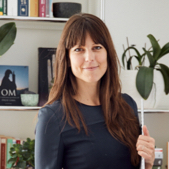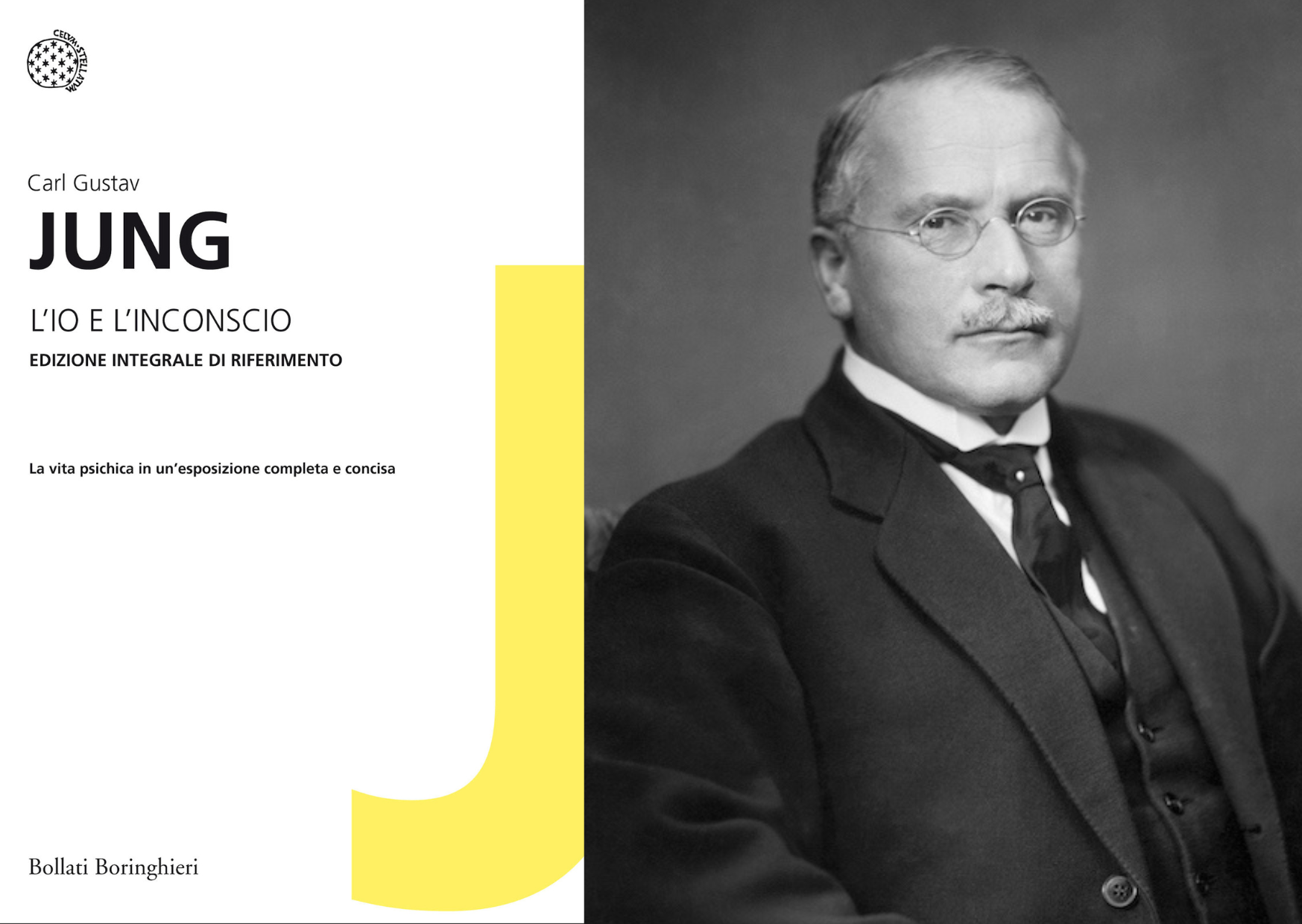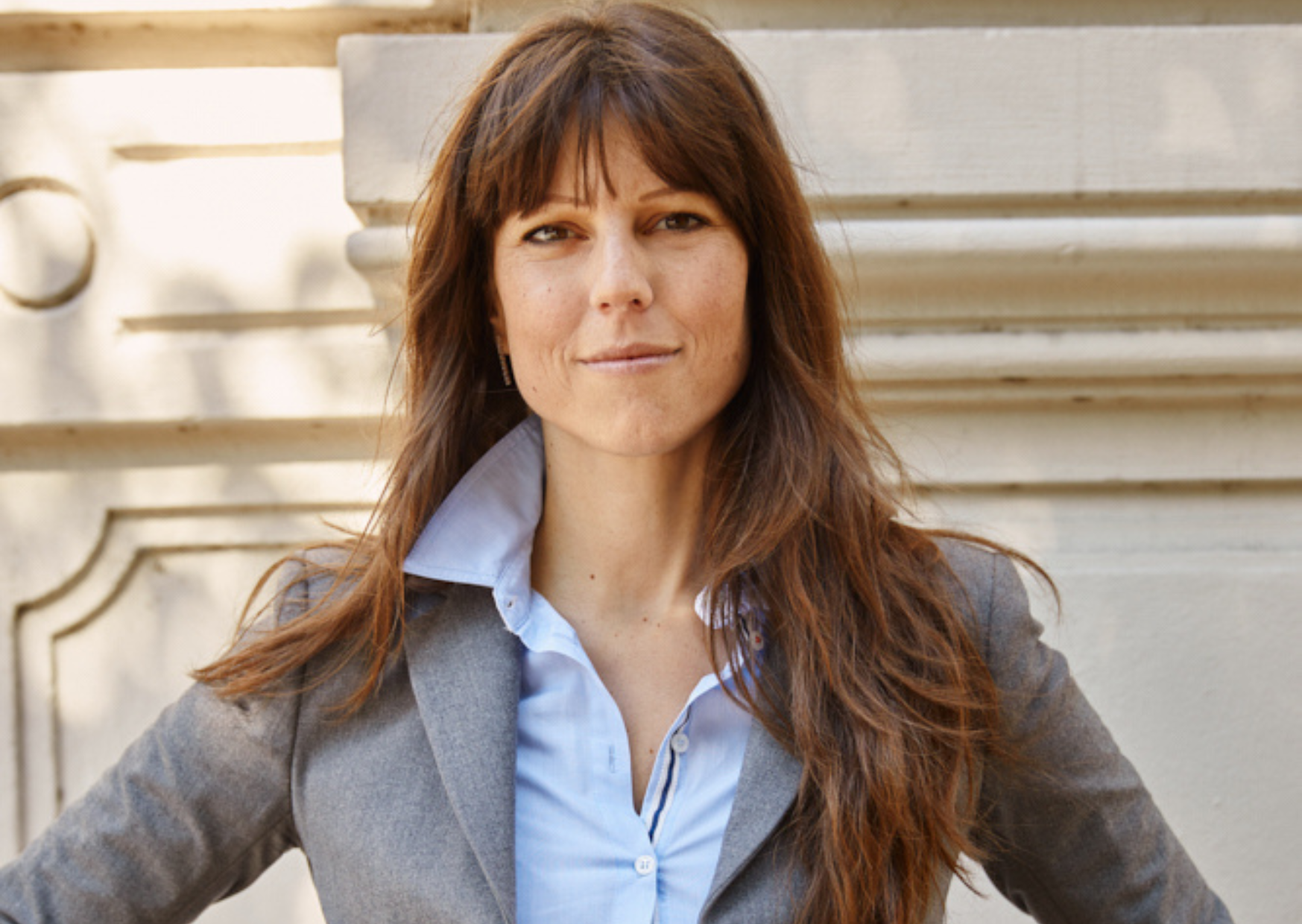The Ego and the Unconscious: a transformative journey into Carl Gustav Jung’s Unconscious
If you are seeking a deeper understanding of the human mind and its mysteries, then you should read The Ego and the Unconscious by Carl Gustav Jung.
This book, fundamental to analytical psychology, explores the complex relationship between the conscious self and the unconscious parts of the psyche. With his characteristic clarity and depth, Jung offers the reader a detailed map of the internal processes that influence human behavior and personality.
Unlike many psychological works that treat the unconscious as merely a repository of repressed memories, The Ego and the Unconscious goes much further, presenting the unconscious as a source of creativity, intuition, and personal transformation. Through an in-depth analysis of dreams, myths, and personal experiences, Jung reveals how the unconscious is not just a place of shadows and fears, but also a reservoir of untapped potential.
“Consciousness always has the illusion of being able to control and dominate, but in reality, it is only a small point of light on a vast, dark ocean.”
Carl Gustav Jung
In this book, Jung guides us on a fascinating journey through symbols, archetypes, and the collective unconscious, offering valuable tools for personal growth and self-understanding. The encounter with the unconscious is described as an ongoing dialogue between the ego and the deeper parts of the mind, a process that can lead to radical transformation as the individual integrates fragmented aspects of their psyche, achieving greater wholeness and authenticity.
If you’re interested in exploring your psyche and discovering the hidden dynamics that influence your behavior and relationships, The Ego and the Unconscious is a must-read! Uncover the transformative power of this extraordinary work and prepare to be inspired and enlightened.
Biography:
Carl Gustav Jung (July 26, 1875 – June 6, 1961) was a Swiss psychiatrist and psychoanalyst, and the founder of analytical psychology. Born in Kesswil, he developed a keen interest in philosophy and religion.
After working at the Burghölzli clinic in Zurich, he met Sigmund Freud in 1907, but theoretical differences led to a break in 1913. Jung introduced key concepts such as the collective unconscious, archetypes, and the process of individuation.
His major works include Psychological Types and The Ego and the Unconscious. His contributions have influenced many fields of human knowledge, leaving a lasting legacy in psychology and beyond. Jung passed away in Küsnacht, Switzerland, in 1961.

Autrice del libro Trasformazione Neuro Emozionale, esperta in scienza cibernetica e in tecniche di Educazione Neuro Emozionale.
Formatrice e Coach specializzata nell’educazione al cambiamento e al potenziamento del mindsete della personalità.
Categories
Last Articles
Featured articles
Subscribe to the newsletter
Share
Did you like the article?
Contact us for more information!




